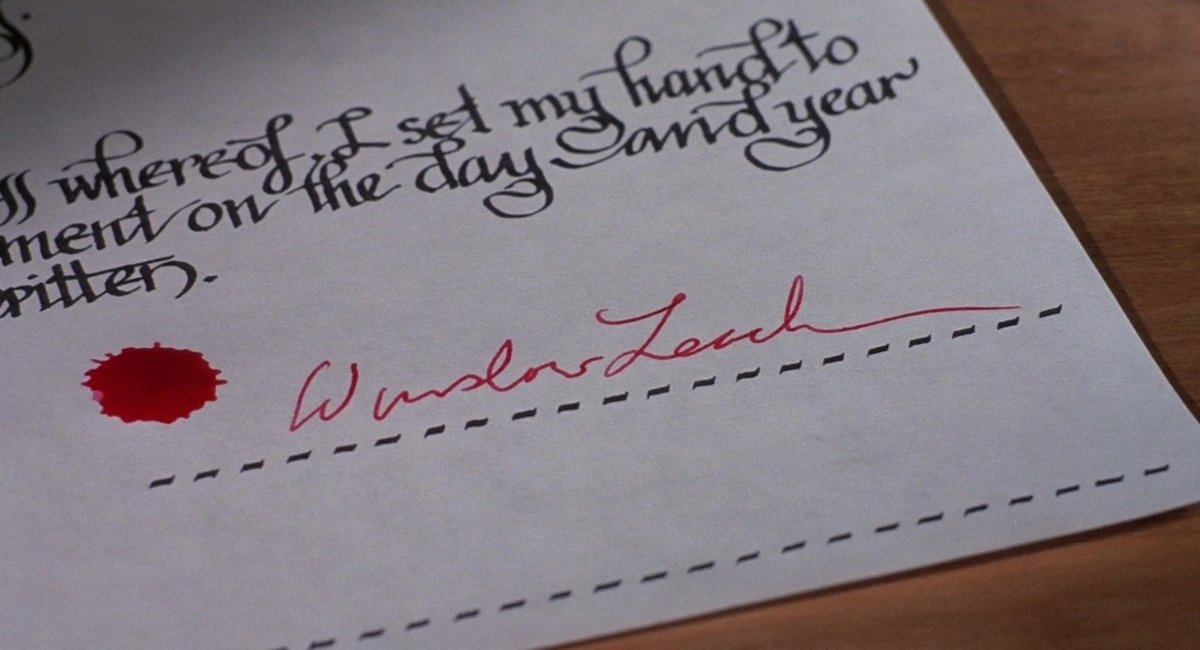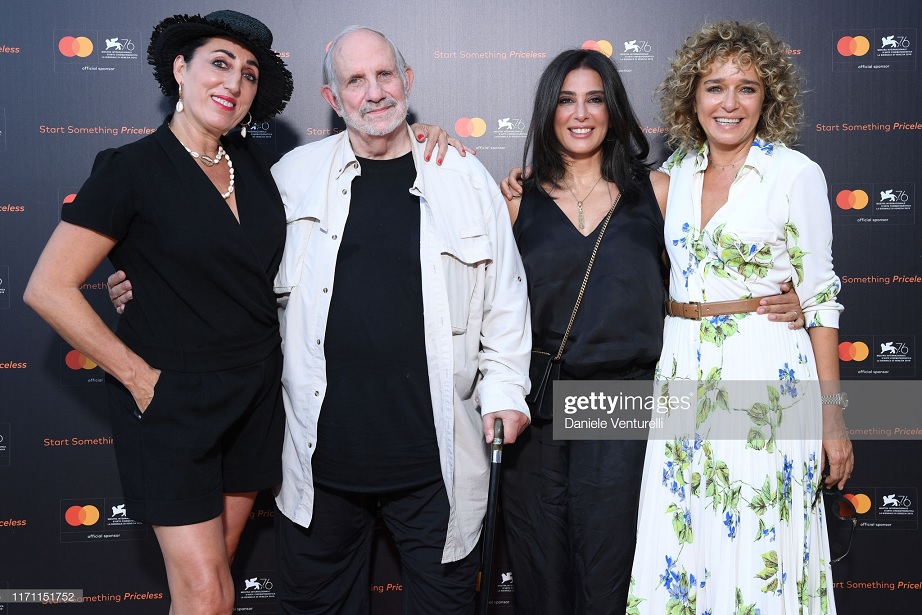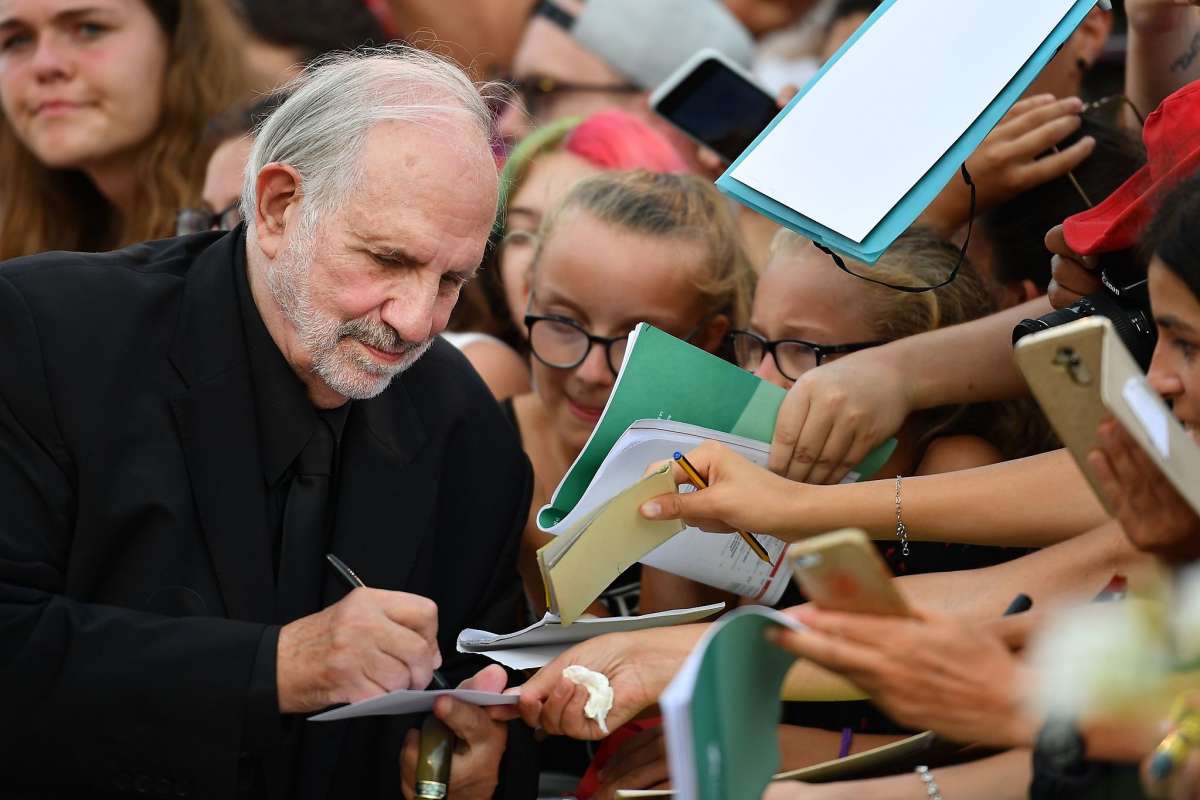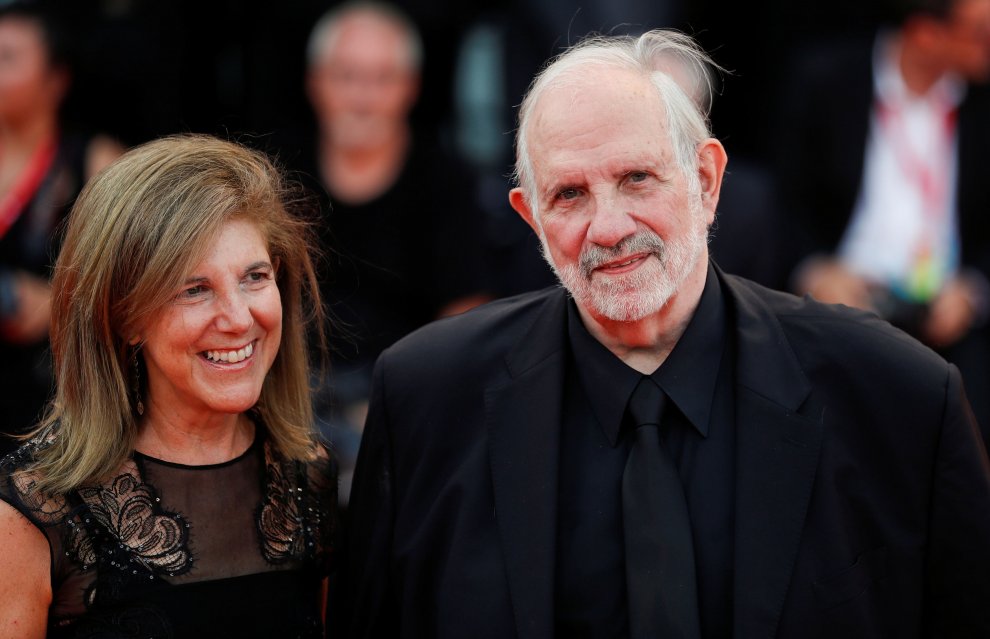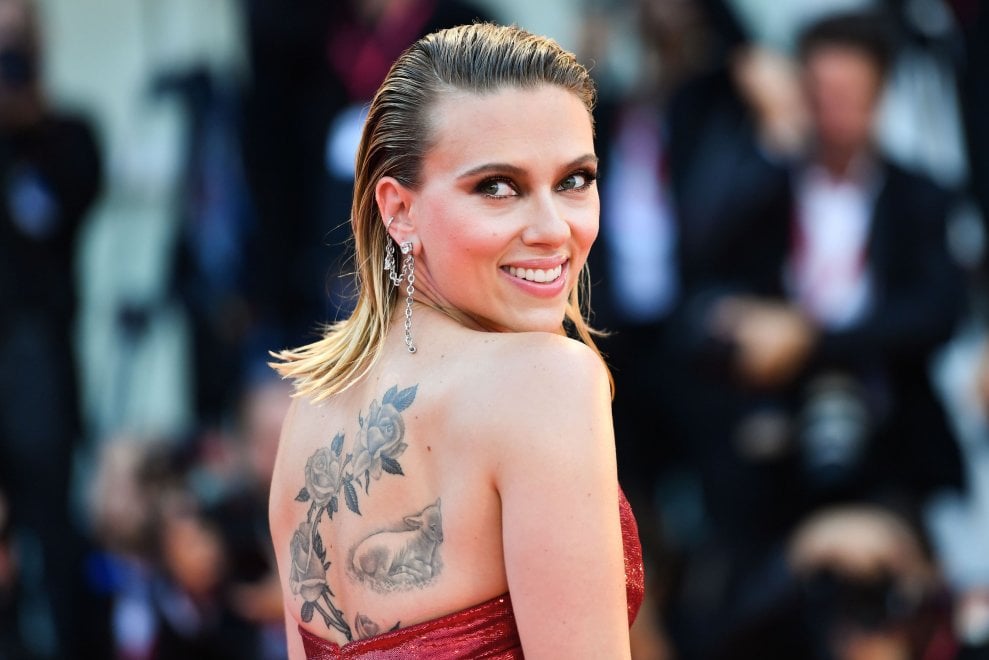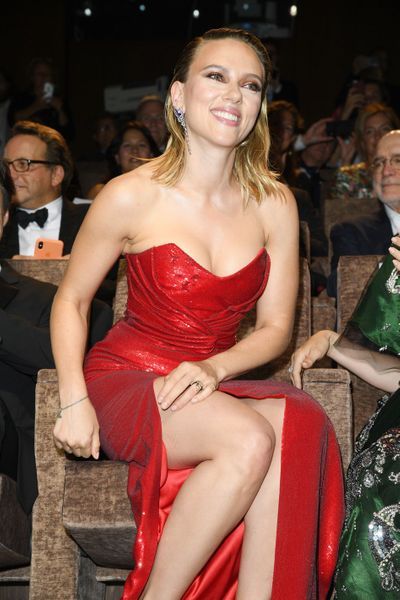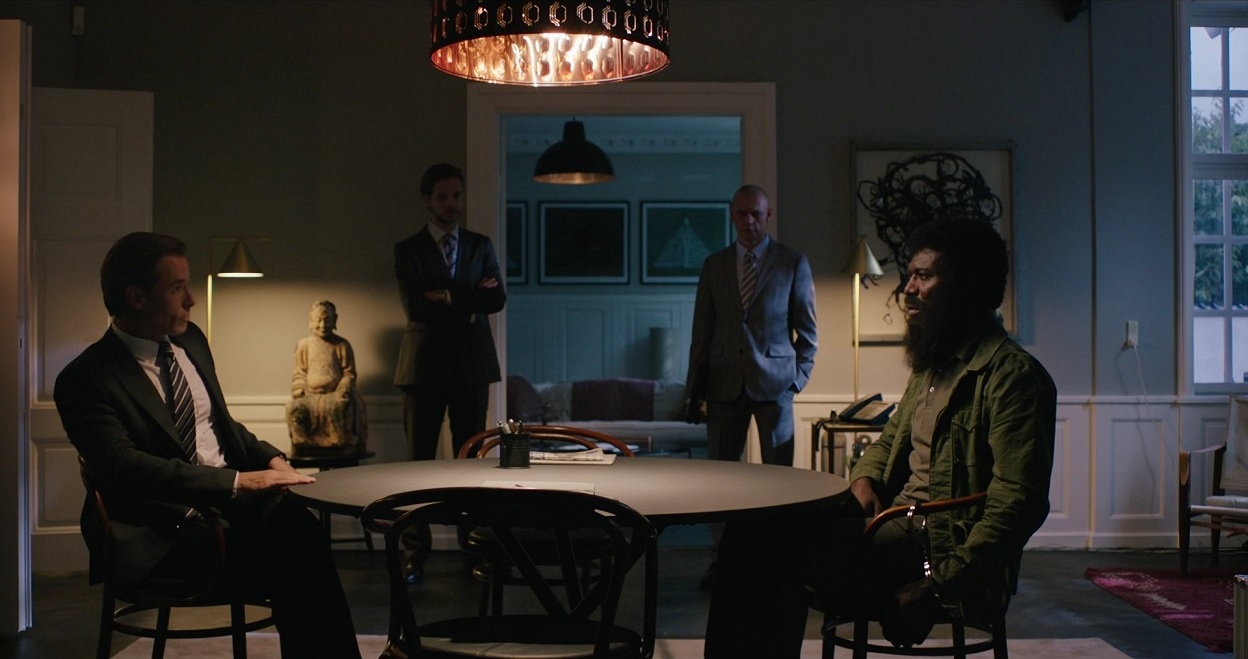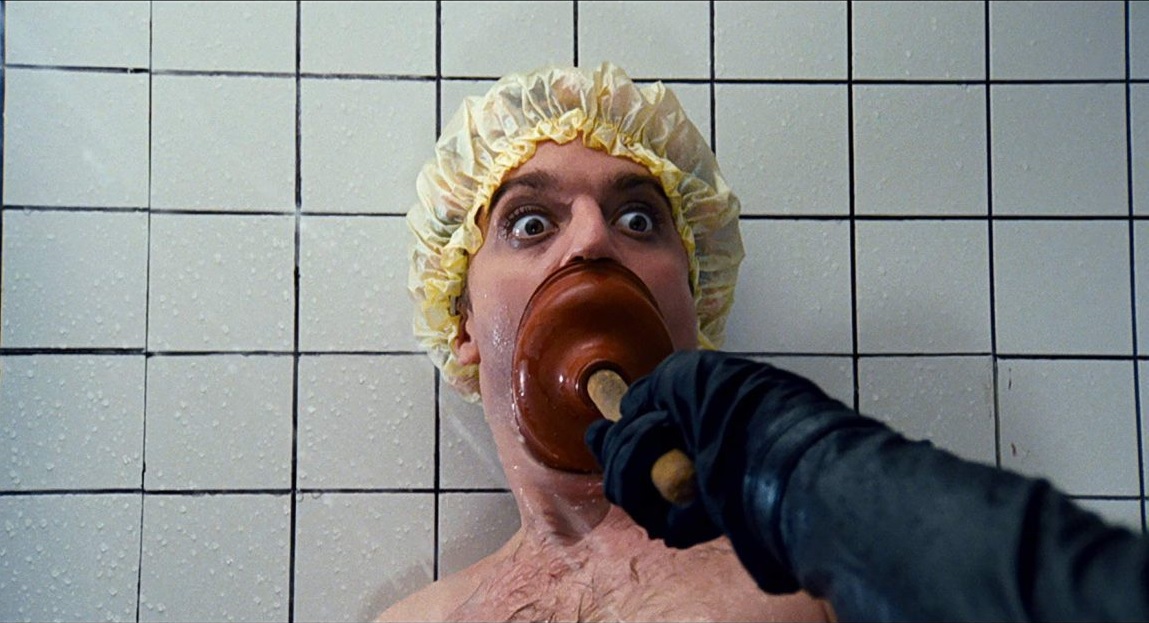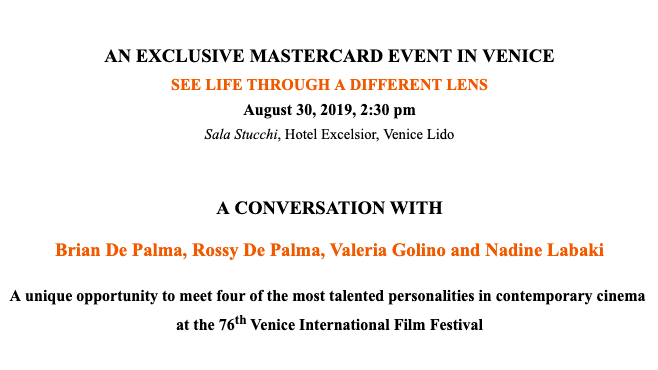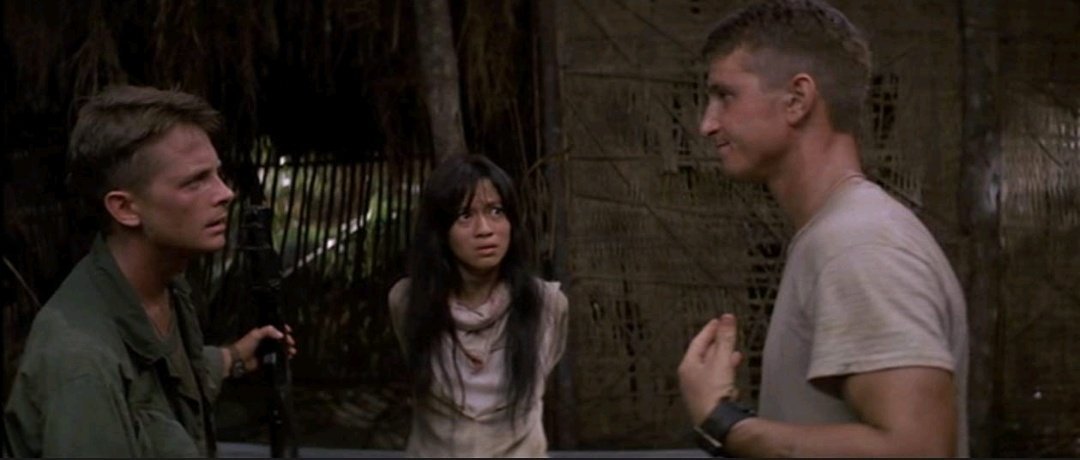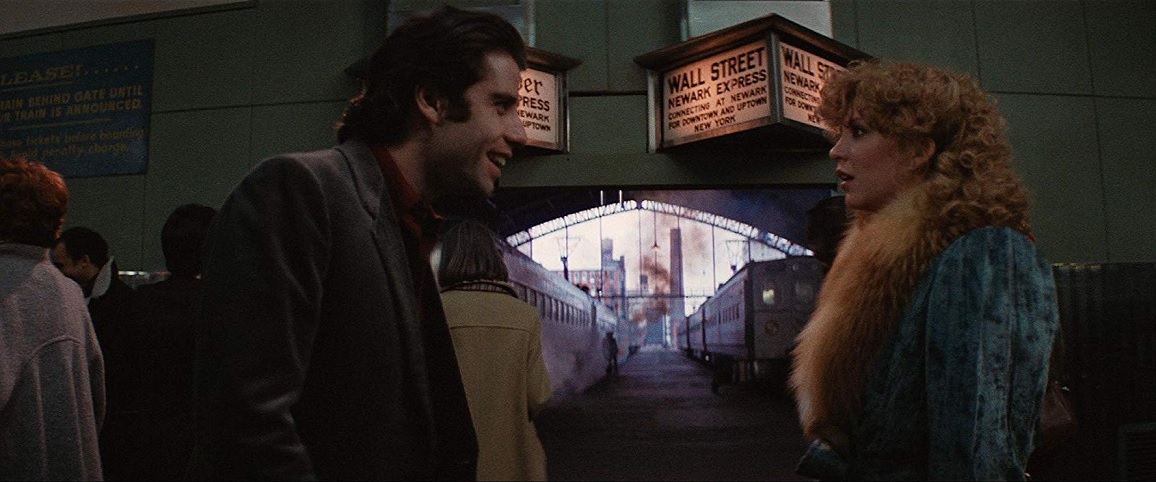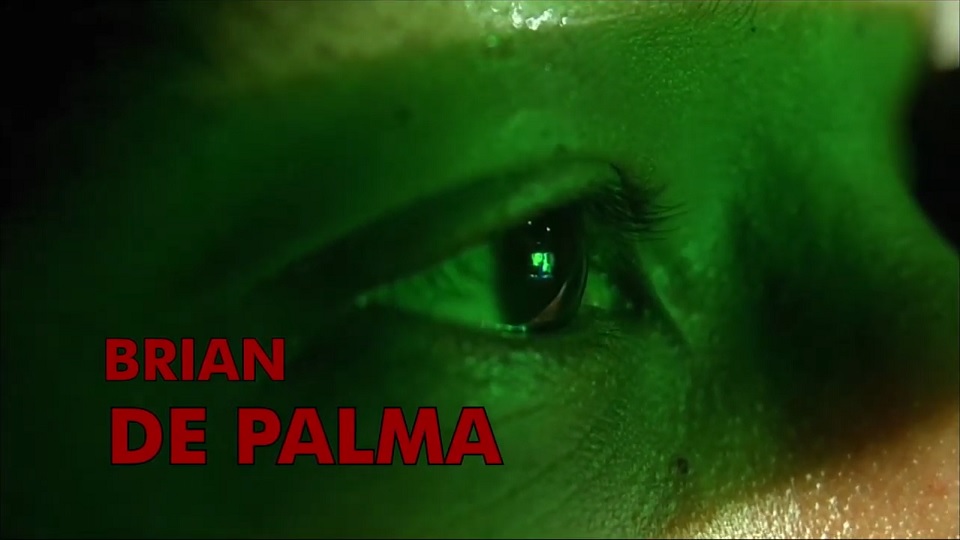NERDIST - PRESSMAN & WILLIAMS ON MAKING 'PHANTOM'
"IF GOD SIGNED A CONTRACT TO CREATE THE UNIVERSE, WHAT WOULD THE CONTRACT SAY?"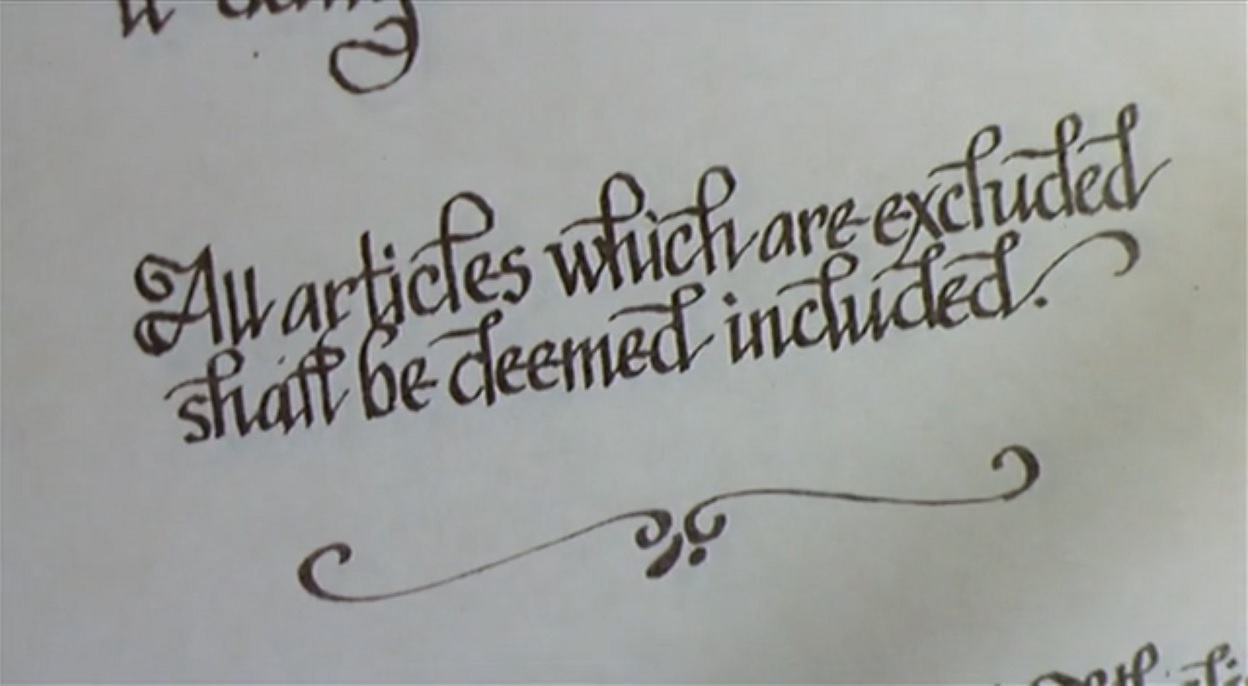
Last week,
Nerdist posted a great article by Rosie Knight with the headline, "
Phantom Of The Paradise and the Making of a True Original." The article uses new Fantasia Fest interviews with
Ed Pressman (via phone) and
Paul Williams to look at the making of
Brian De Palma's film, before delving into interviews with the makers of the documentary,
Phantom of Winnipeg:
Phantom of the Paradise is unlike any other film. Sprawling and strange, the epic musical masterpiece is uncannily prescient, predicting the nostalgia craze, glam rock, and multiple other musical trends. The project came about after Phantom of the Opera became one of two options that Pressman and De Palma picked up after the lauded director became disillusioned with big studio movies. “I first met Brian De Palma in New York. He’d done a film called Greetings, a low budget independent film with some political undertones, and we became friends and he went on to start directing for the studios. He did a film for Warner’s called Get to Know Your Rabbit and he was very unhappy with the experience and called me from Toronto, I think. There was a producer taking options on Phantom and Sisters, and Brian said, ‘Get me out of here. You can get the rights so we can make it the way I want to.’ So we did that,” Pressman told us. Though the producer preferred the strange vision De Palma had for the unexpected mashup of classic literary tales Phantom of the Opera, Faust, and Dorian Gray, the pair settled on adapting Sisters first, with a cast made up of De Palma’s housemates. “We had a decision to make about which film we wanted to do first. From the beginning, Phantom was the most exciting out of the two projects in my mind but Sisters was more practical. At the time, Brian was living in a house in Malibu that was owned by Waldo Salt who wrote Midnight Cowboy. He’d left it to his daughter Jennifer and she invited Brian and Margot Kidder and Paul Schrader, a whole bunch of people. So the easiest thing was to keep it close to this group. So Margot Kidder would play one role and Jennifer the other lead, and it was a simpler form to make. It turned out that Sisters did really well, especially in the drive-ins.”
After the success of their first collaboration, Pressman and De Palma began their passion project, Phantom of the Filmore. The reimagining centers on a young singer-songwriter, Winslow Leach, who’s overheard by a maniacal music producer known as Swan who steals the young man’s music. De Palma brought in composer Paul Williams to write the many songs in the film. “I was a staff writer at A&M Records, writing for The Carpenters, Three Dog Night, and a lot of great but kind of middle of the road music, you know, certainly not the Music of the Spheres,” Williams explained. “They opened a film department to try and get more of the music coming out of A&M Records into movies, and a guy there knew that Brian was doing Phantom of the Paradise, which at the time was called Phantom of the Filmore. I don’t know why Brian responded to my music because it was so different. I was known for writing what I call co-dependent anthems but for some reason, he really responded. So I came to it first as a composer and lyricist.”
That might surprise fans of the film who know Williams best as the evil, Faustian producer who steals Winslow’s songs and later tries to trap him into becoming the voice and mind behind his new music venue, the titular Paradise. “The first song, Brian wanted Sha Na Na to perform and I said, ‘You know what, I’ve got this band I’ve been working with, these guys have been with me for years, they’re my road band. I’d like these guys to be the band.’ I think this may have been the beginning of when he started going, ‘Ah, there’s Swan.’ They eventually became the Juicy Fruits in the film and the bands that they evolve into throughout.”
De Palma originally suggested that Williams play the Phantom and hero of the story himself, Winslow Leech, but the songwriter wasn’t sold on the idea. “I told him, ‘I could not, are you kidding??? I’m too little.’ And he said, ‘But you could be this creepy guy up in the rafters throwing things at people,'” Williams laughed. “For me, the idea of trying to perform with one eye through a mask…Bill Finley did things with that, there was just this essence to the character, something in the reading of Winslow that was so beautifully innocent, so touching. He was an amazing actor and it worked out because I got to play Swan!”
Filming Phantom was off the cuff and collaborative, a process that saw input from those around cast and crew, as Williams recalls. “The first thing we shot was the contract scene. Yeah, my manager actually came up with a line that’s in the contract that I love. The concept for where the line came from is: if God signed a contract to create the universe, what would the contract say? ‘All articles which are excluded shall be deemed included.’ You know, it’s perfect. So that wound up in there.”
Like most low budget films, the making of Phantom of the Paradise was incredibly intense. For the songwriter, there was no time to congratulate himself on his first acting gig. “There wasn’t a lot of time to really celebrate. I remember shooting all day and there was one scene that we had to reshoot the scene when I pull the knife from Winslow’s chest on the roof. We shot all day, and then I went directly from the set to the studio, recorded vocals until almost dawn, and then went right back to the set. They took my makeup off, put new makeup on, and then I shot the scene. I was so tired, I couldn’t understand me. And we were all like, ‘Oh, my God, that’s terrible.’ So we ended up reshooting it in New York.”
For Pressman, Phantom was the kind of film he had always dreamed of making. “It was unique and original, closer to a kind of Cocteau fantasy that I’m drawn too. Sisters was more of a conventional thriller; I mean, Brian turned it into more than that, but on the page, Phantom was just far more expansive. The idea of Paul Williams doing the score was just this far more ambitious and exciting project.” Though the creative team was passionate, they were unsure of how the film would be received once they’d finished making it. “I don’t think we had an idea of the impact it would have. I think we were really happy with the film and we were happy that Fox picked it up when it finished, which was unusual in those days. They were doing less independent films and studios were not in the business of picking up other movies. They paid–today it would sound like peanuts–but I think they paid $2 million for the rights, and that was a big deal then.”
Though the ambitious and audacious film was nominated for an Academy Award for Original Song Score and Adaptation, and a Golden Globe Award for Best Original Score: Motion Picture, it was a financial flop that failed to make money in almost every market except for Winnipeg, Manitoba. It’s not totally surprising as the film was ahead of its time in almost every sense. From showcasing an overtly queer character in the form of Paradise star Beef to a story centered on male toxicity and the abusive nature of the record industry the film pushed boundaries and didn’t seem to be playing to any kind of mainstream audience.
In her final paragraph, Knight notes that Paul Williams thinks
Phantom Of The Paradise "belongs on the stage, with someone like
Lady Gaga at the heart of the story, bringing a new and updated vision of the parable to a whole new generation. He even teased that he’s written new songs for the potential production. Pressman revealed that a remake had been on the cards with [
Guillermo] del Toro attached but had never gotten off the ground. Still, the producer is hopeful about the potential of the
Phantom returning once again in the near future, especially as the film’s legend and mythos continue to grow."
TWO MORE RECENT 'PHANTOM' INTERVIEWS:
ComicBook.com Interview with Paul Williams
ComicBook.com Interview with Jessica Harper
